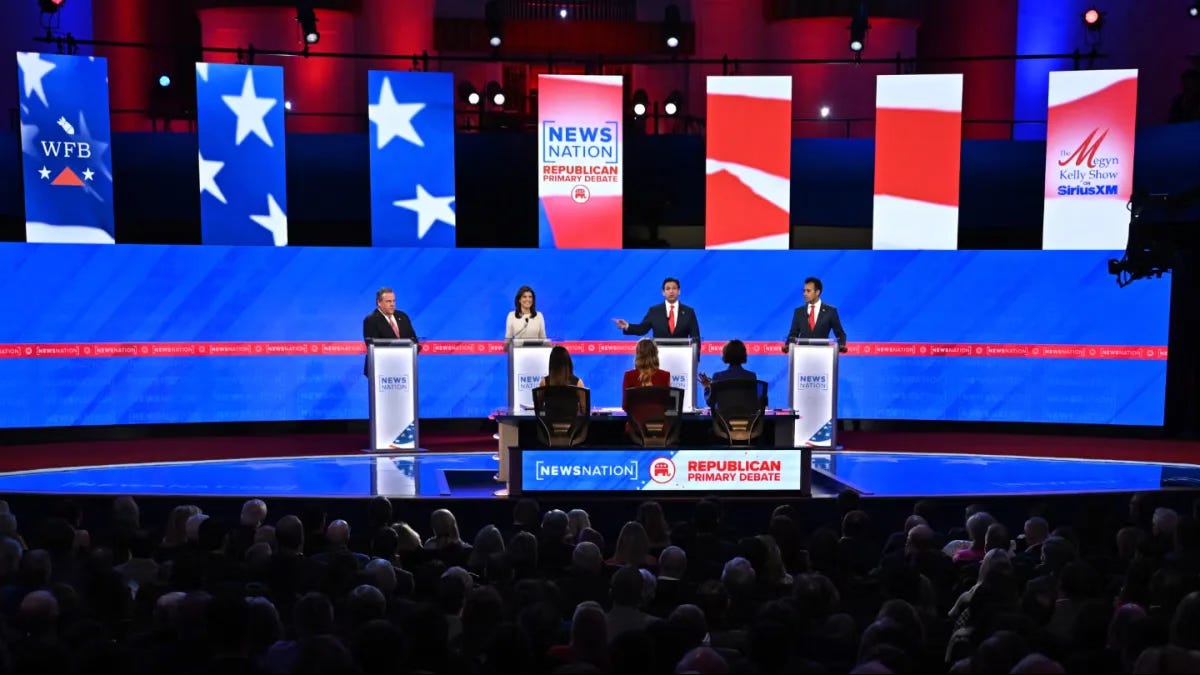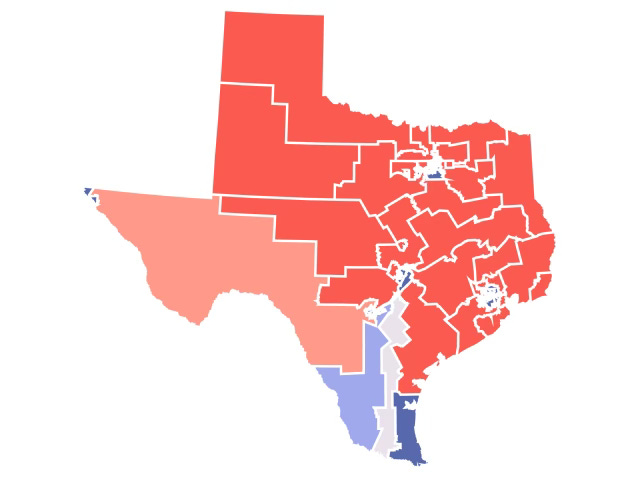by Bruce Watson
“If the words are not right, what is said is not what is meant. If what is said is not meant, work cannot flourish, then customs and art degenerate. If customs and arts degenerate, then justice is not just. . . . Hence the importance that words be right.”
– Confucius
In “Politics and the English Language,” George Orwell explained how sloppy language leads to sloppy thinking and vice-versa. Political English “becomes ugly and inaccurate because our thoughts are foolish, but the slovenliness of our language makes it easier for us to have foolish thoughts.”
Foolish? In the last decade, our political rhetoric has slid into the gutter. Words are detached from their true meanings. Metaphors have gone from provocative to incendiary to vile. And those torturing the language are rewarded with more attention, more votes, more money. Enough!
Enough mindless terms echoed on cable news. Enough name-calling as common currency. Enough Campaign-English as usual, unfettered, ill-defined, unconnected to reality. Here at Campaign-English Dictionary (CED) headquarters, we define words according to what they really mean, not what a candidate, pundit, or journalist allows them to mean. Watch for weekly additions. A few examples to begin:
(And yes, we acknowledge the debt to Ambrose Bierce’s Devil’s Dictionary.)
agenda, n., sinister list of policies that an opponent will inflict upon an unsuspecting America. Ex: The candidate had plans but his opponent had… an AGENDA!
balancing the budget, v., promise made to voters who prefer a government of me, by me, for me, but without taxes on me. Syn: fiction.
debate, n., free prime-time political advertising with Betsy Ross as set designer.
Electoral College, n., 1. college that meets once every four years to dilute democracy; 2. 18th century innovation turned 21st century embarrassment. Ex: Come November, we may ask the same old questions: what does the Electoral College do and were our Founding Fathers drunk when they devised it?
faction, n., party members even crazier than the rest of their party.
factual inaccuracy, n., lie; Ex: The candidate’s claim that his opponent ate children was a factual inaccuracy.
immigration, n., people coming to America to take jobs that people whose ancestors came to America won’t take. Ex: When unemployment tops 5 percent, immigration tops the talking points.
money, n., life-giving elixir of politics. Syn, speech.
privatization, n., using the private sector to address problems the private sector caused.
redistricting, v., drawing Congressional districts shaped like snakes to elect politicians shaped like cheaters. Ex: By the time Texas finished its redistricting, many districts were as slimy and ugly as the people they sent to Congress
Watch for future CED entries in our NOTES section. Feel free to add your own definitions (subject to editing).










Thanks for giving me a few chuckles this morning. Here's my addition.
SOCIAL MEDIA STUPID - People who believe everything they see and read online. Because, nobody would lie or mislead on the Internet
So many good ones but I particularly like the definition of money, ie - speech. 😅